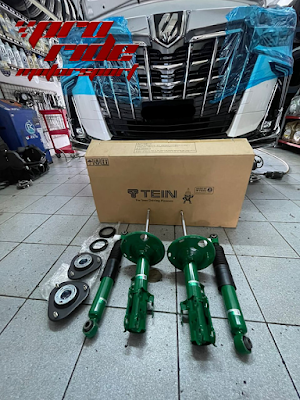Why engine oil matters to you and your vehicle
Think of vehicle maintenance and an oil change is probably the first thing that comes to mind. We all know that low oil levels and overused engine oil are to be avoided.
What makes engine oil so important?
In a nutshell, engine oil lubricates your engine’s moving parts to reduce the damaging friction that reduces performance. Driving with low oil levels can significantly reduce the life of your vehicle.
Clean oil also prevents the buildup of sludge which can clog the narrow oil passages in your engine. Without ample oil flow, your vehicle’s fuel consumption increases as performance declines.
Inside your engine, controlled detonations heat metal components as high as 315°C. As these parts are not cooled by radiator coolant, they quickly become worn down without sufficient oil.
When your engine performs to a greater efficiency, its lifespan increases. Without enough clean oil, mechanical parts wear out and become corroded, costing you money and precious time.
Like almost everything else, your engine oil has a lifespan. Over time, the oil begins to degrade and lose its effectiveness. Without regular checks, it’s less likely that your oil will be changed before it stops providing adequate protection.
Sure, but why does engine oil deteriorate?
Dust and dirt may enter your vehicle’s engine through its air induction system. Small amounts of water can also form when the engine is heated and cooled. The reaction of the water with other contaminants can create an acid that, in turn, reacts with the oil.
The more you drive, the more contaminated the engine oil becomes. Eventually, the oil begins to oxidise and thicken until it no longer performs to its optimum capability. At this point, the oil must be replaced before it can cause engine damage.
It can be very difficult to determine the level of contamination within your engine oil. This is why car manufacturers recommend oil change intervals that depend on the year the car was made, its make and model. However, most car manufacturers agree that the oil level should be checked every week.
It’s important to remember that if you see your vehicle’s oil level drop from its highest to lowest mark in less than 1600km, you should ask a mechanic to check the engine as soon as possible.
What does it mean when the oil light comes on?
Typically, your oil light will turn on when the engine has lost oil pressure. This could be caused by a number of factors.
Your engine’s oil pump could have failed, oil levels could be low due to consumption or leakage, the oil may have become too thin, or the oil pressure sending unit may be malfunctioning.
If the light comes on when at speed, do your best to pull over as soon as possible and shut off the engine in order to avoid irreparable damage or excessive engine wear.
To avoid seeing the oil light blink at all, keep your vehicle running in the best condition possible, remember to regularly check and top up the engine oil.












Comments